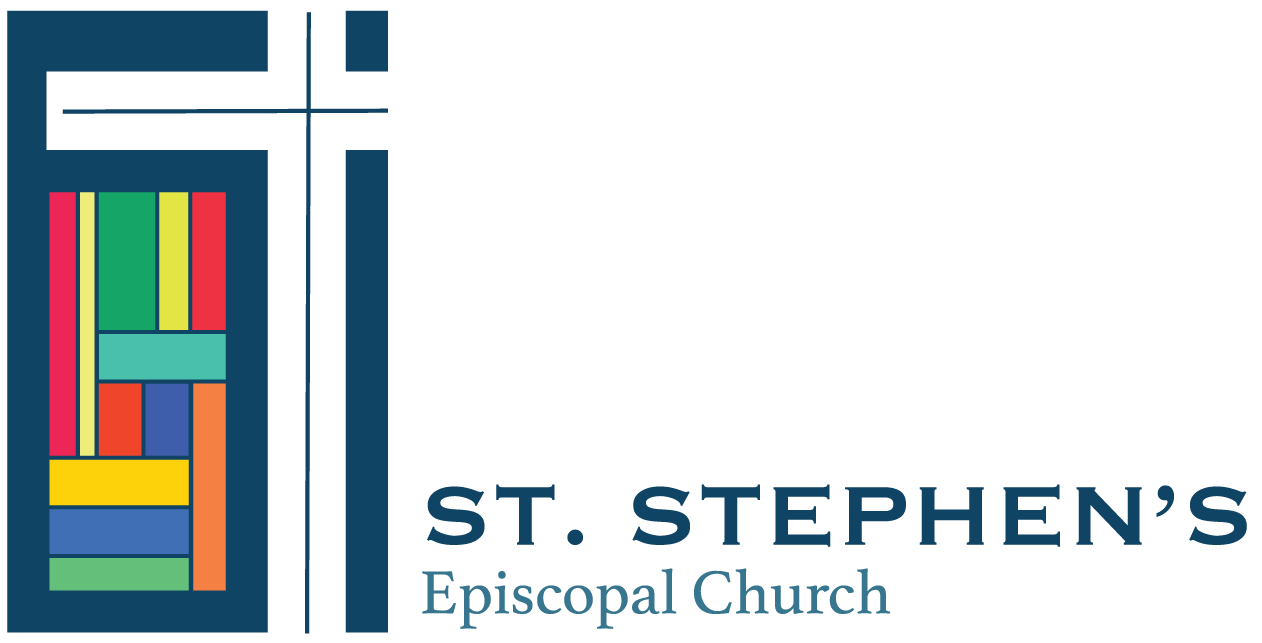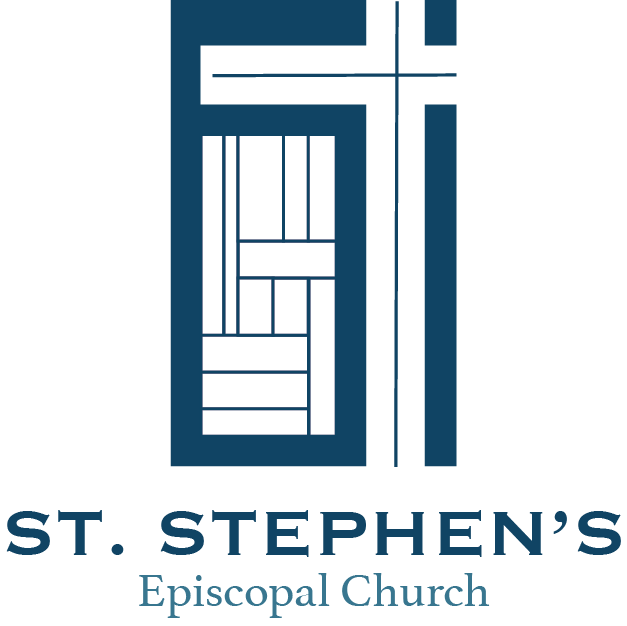Looking Back to Look Forward
By Dr. Jeremy Godwin
Today’s lesson from Exodus feels a bit like dropping in to the middle of story and that’s because, well, that’s exactly what it is. What we find there are the Israelites weighed down by unrelenting oppression. Just before this passage, Moses and Aaron have gone to Pharaoh for the first time to demand that he let the Israelites go. Needless to say, Pharaoh does not take kindly to this demand. He replies: “‘You shall no longer give the people straw to make bricks, as before; let them go and gather straw for themselves. But you shall require of them the same quantity of bricks as they have made previously; do not diminish it, for they are lazy; that is why they cry, “Let us go and offer sacrifice to our God.” Let heavier work be laid on them; then they will labor at it and pay no attention to deceptive words’” (Exodus 5:7-9). These words are characteristic victim-blaming by the oppressor. It’s an attempt to quash out hope by crushing them with labor. It's gaslighting, reframing the Word of God as “deceptive words.” Our passage begins just after this verse, with the taskmasters carrying out the Pharaoh’s orders. In some ways, the Pharaoh is successful, at least in the short term. The new burdens drive a wedge between the people and Moses and Aaron, as they blame them for making their lives worse—blame that Moses then turns around and passes on to God.
So why this reading for this day? Well, first, there is a practical answer to this question. The lectionary that we are using for the Lent Devotional is not the lectionary for the Daily Office. Instead, it’s a daily lectionary developed by the committee that created the Revised Common Lectionary we use on Sundays. For Thursday-Saturday of each week, readings are chosen to help prepare for the Sunday ahead, while for Monday-Wednesday of each week, readings are chosen to help reflect on the Sunday past. In other words, this reading was chosen to help us prepare for the readings for the first Sunday in Lent (especially the Deuteronomy reading). In that reading for Sunday, today’s story of oppression is in the past. The Deuteronomy passage outlines a ritual of remembrance and sacrifice for their deliverance out of bondage in Egypt, a harvest celebration of the Exodus.
However, I think there is also a second, theological answer to the question of why this reading. The Israelites were only able to fully understand the work of God in hindsight. In other words, the ritual outlined in Deuteronomy is one of looking back in order to look forward. The Israelites bought into the Pharaoh’s tactics to the point where they started to see only God’s absence and experienced it as part of their oppression. What they came to see was that God was actually there beside them in their pain as it unfolded into a wondrous act of deliverance.
And so it is with Lent. It’s a season of looking back in order to look forward, specifically to the cross and to the resurrection. There are explicit connections between the Exodus and the cross found in our liturgy. The most apparent one is at the fraction or breaking of the bread: “Christ our Passover is sacrificed for us. Therefore let us keep the feast.” Notice the tense of the verbs. It’s not merely a recalling of events. This is an active form of remembrance, an active deliverance from the bondage of sin and death into which we are all invited this season and always.

